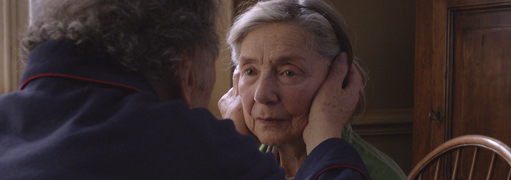Film Review: Emotionally Draining French Drama Amour Confronts Life, Love And (Most Of All) Death.
Emotionally Draining French Drama Confronts Life, Love And (Most Of All) Death


you will get old and die. Happy Valentine’s Day.




